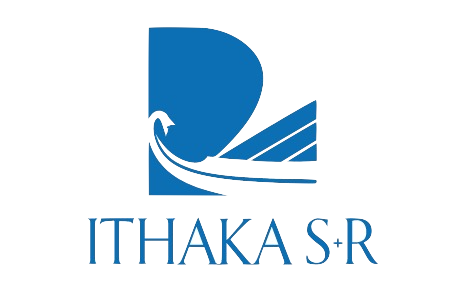New AACRAO Report Examines Impact of Federal Transcript-Hold Regulations on Higher Education
June 26, 2024
The American Association of Collegiate Registrars and Admissions Officers (AACRAO) has published a new report, "Balancing Access and Accountability: Assessing the Implications of the New Federal Transcript-Hold Regulation for Higher Education - Part 1." Authored by Dr. Wendy Kilgore of AACRAO and Dr. James Dean Ward of Ithaka S+R, the report examines the effects of federal regulations limiting transcript holds for unpaid balances. Data from a survey of 326 institutions reveals that while 77% do not plan to use partial-transcript holds, many are eliminating holds and changing policies in response to the new regulations. The report highlights the need for ongoing research and collaboration to understand and adapt to these changes, promoting learner success and institutional stability. The full report is available on the AACRAO website.
FOR IMMEDIATE RELEASE
AACRAO Contact: Wendy Kilgore
Senior Director, Research & Policy Division
Communications@aacrao.org
AACRAO Announces New Report That Examines the Impact of Federal Transcript Hold Regulations on Higher Education
WASHINGTON, D.C. (June 26, 2024)
The American Association of Collegiate Registrars and Admissions Officers (AACRAO) has released a new report titled "Balancing Access and Accountability: Assessing the Implications of the New Federal Transcript-Hold Regulation for Higher Education - Part
1." Authored by Dr. Wendy Kilgore, Senior Director of Research at AACRAO, and Dr. James Dean Ward, Principal of Policy and Economic Research at Ithaka S+R, the report provides crucial insights into the potential impact of and institutional responses
to new federal regulations limiting the use of transcript holds for learners with unpaid balances.
Based on the 2024 Transcript Hold Regulation Impact survey conducted by AACRAO and Ithaka S+R, the report gathers data from 326 institutions that do not currently have state-level restrictions on transcript holds. Key findings reveal that while 77% of institutions do not plan to use partial-transcript holds, many are proactively preparing for the new regulations. Steps being taken include eliminating transcript holds for unpaid balances (69%), changing procedures (62%) and policies (49%), and implementing alternative methods to address unpaid balances (50%).
"This report highlights the challenges and opportunities that institutions face as they navigate the new regulatory landscape," said Dr. Kilgore. "Understanding and adapting to these changes will be critical for promoting learner success and maintaining institutional stability."
Research and collaboration among institutions, policymakers, and higher education organizations will be essential to understanding the long-term effects of this regulation and developing strategies that promote learner success, equity, and access within a sustainable operational model.
“These findings highlight the importance of developing a more robust understanding of how institutional debts and the attempts to solve them impact learners and institutions,” said Dr. Ward. “With continued research on the topic, we hope to understand these effects and inform future policies and practices.”
The full report, "Balancing Access and Accountability: Assessing the Implications of the New Federal Transcript-hold Regulation for Higher Education - Part 1," is available on the AACRAO website at
https://www.aacrao.org/research-publications/aacrao-research/balancing-access-and-accountability.
For more information, please contact: communications@aacrao.org
Sponsored By:

AACRAO
AACRAO is a non-profit, voluntary, professional association working to make higher education more responsive to learners. With a membership of more than 15,000 higher education professionals representing approximately 2,300 institutions in
more than 40 countries, the association provides advocacy, research, and policy-based guidance and training to higher education professionals to smooth the path for learners at every stage of their journey.
About Ithaka S+R
Ithaka S+R’s strategic advice and support services help institutions improve their performance and further their missions. We generate action-oriented research for institutional decision-making and act as a hub to promote and guide collaboration across the communities we serve. With our partners, we design and evaluate projects that make higher education, scholarly communication, and cultural collections more accessible to diverse populations.